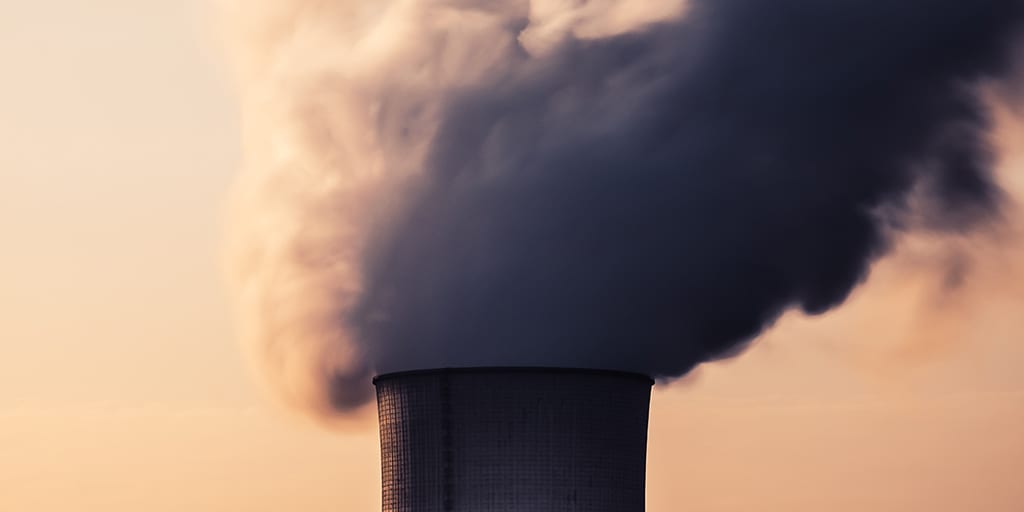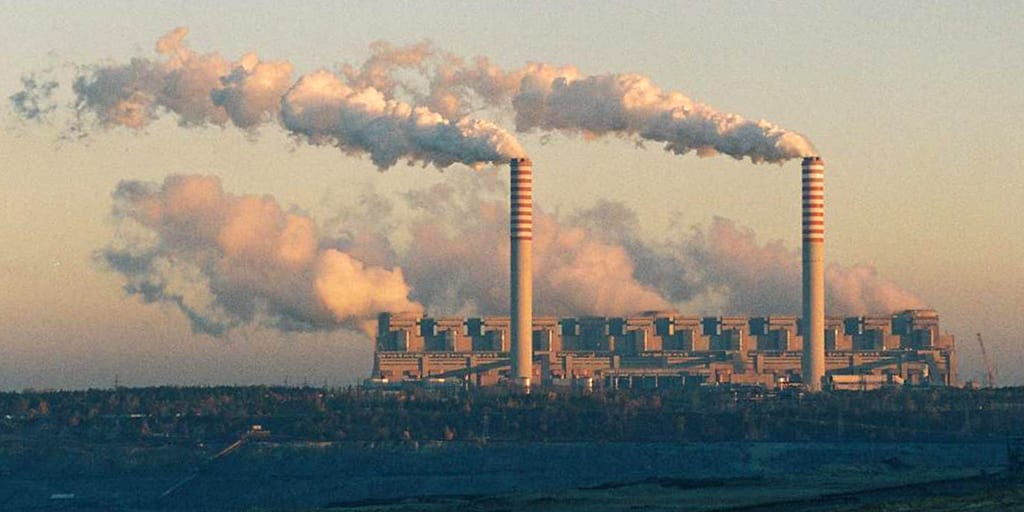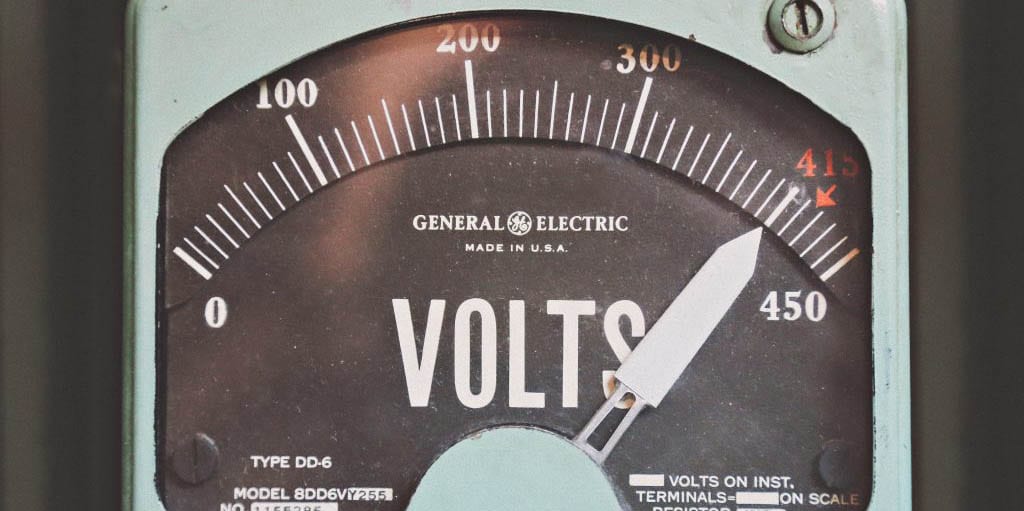
Green Deal Industrial Plan: securing the EU’s clean tech leadership
MEPs say the EU must lead in clean energy technologies, improve its industrial base, and produce high quality jobs and economic growth to reach the Green Deal goals. In a

MEPs say the EU must lead in clean energy technologies, improve its industrial base, and produce high quality jobs and economic growth to reach the Green Deal goals. In a

Business leaders pushed for a ‘greener’ economic recovery from the COVID-19 pandemic as they warned about the impact of the climate crisis is an “even greater emergency.”

Brazil, Russia, India, China and South Africa may strongly oppose the proposed Carbon Border Adjustment Mechanism (CBAM) by the European Union at the 13th BRICS Summit on Thursday as the five developing countries will likely be the biggest losers from its implementation. In a veiled reference to CBAM, BRICS trade ministers last week cautioned that any measure to tackle climate change must be in conformity with multilateral trading rules and shouldn’t put arbitrary restrictions on international trade.

The European Parliament’s agriculture committee approved a deal to overhaul the European Union’s huge farming subsidies, including new measures aimed at making agriculture greener.

Almost half a trillion dollars of support a year harms people’s health, the climate and drives inequality.

The European Commission recently proposed an EU-wide minimum tax rate for polluting aviation fuels such as kerosene to reduce CO2 emissions by 55% by 2030.

The measure, if approved, will force EU businesses to pay a carbon levy for goods they import from outside the bloc. The problem is that some nations might not want to go down the carbon neutrality route as fast as the EU.

Renewables and nuclear power accounted for a record 66% of electricity production across the EU during the first half of 2021, with clean energy proving far more resilient to the pandemic than fossil fuels.

The negotiating team for the European Union at the ongoing World Trade Organization talks on harmful fishery subsidies is insisting that any deal allow for continued tax exemptions for fuel purchases.

protect the EU’s domestic industry from carbon leakage, when goods that would normally be bought locally are instead imported from companies that don’t face the same emissions regulations. The United States and Japan have voiced concerns about the planned tax.
… for more Green Fiscal Policy news!